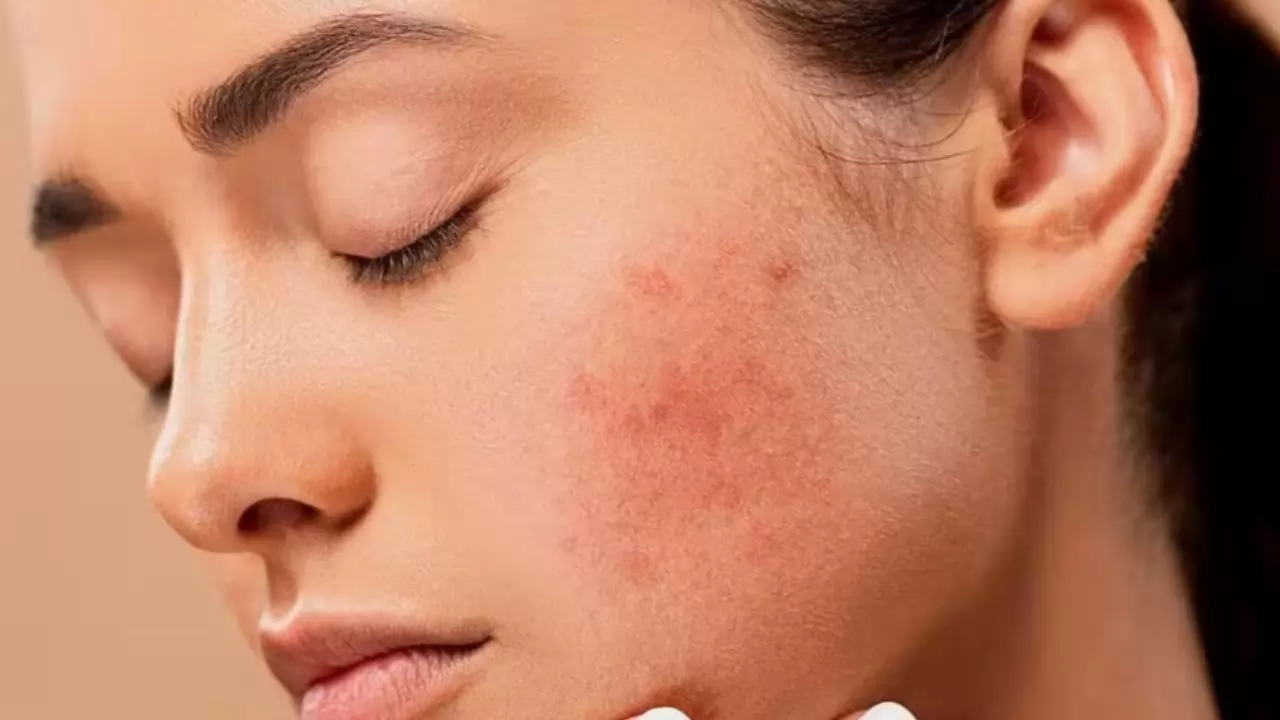
Pixabay
New Delhi: During the monsoon season, while it provides relief from the heat, it also brings an increased risk of skin infections, particularly fungal ones. These infections are prevalent during the rainy season and can affect various parts of the body such as the skin, feet, nails, and scalp, often causing discomfort.
Fungal infections thrive in the high humidity of the monsoon, leading to conditions like dandruff, dermatitis, and nail infections. Symptoms can vary depending on the affected area, posing challenges, especially in body folds and nails.
Ensure proper drying
After unexpected rains, thoroughly dry your body and hair to prevent moisture buildup that can lead to fungal infections and other issues like hair fall or skin irritation.
Maintain hygiene
Regularly wash and dry body fold areas such as underarms and groin to prevent fungal growth due to accumulated moisture. Wash hair every other day and ensure it’s completely dry after washing.
Use appropriate products
Choose antibacterial or antifungal products for skin and herbal or specialized products for hair during monsoons to mitigate the risk of fungal infections. Consulting a dermatologist is advisable for personalized recommendations.
Clean clothes and personal items
Wash wet gym wear thoroughly before reuse and dry towels in sunlight to prevent bacterial growth. Avoid sharing personal items like towels, nail clippers, and soap to minimize infection spread.
Wear loose, breathable clothing to allow your skin to breathe and avoid trapping moisture, which can exacerbate fungal infection risks.
Seek professional advice
If you notice symptoms of a fungal infection, consult a dermatologist promptly instead of relying solely on over-the-counter treatments. Professional assessment ensures appropriate and effective treatment tailored to your specific condition.





Copyright © 2025 Top Indian News
